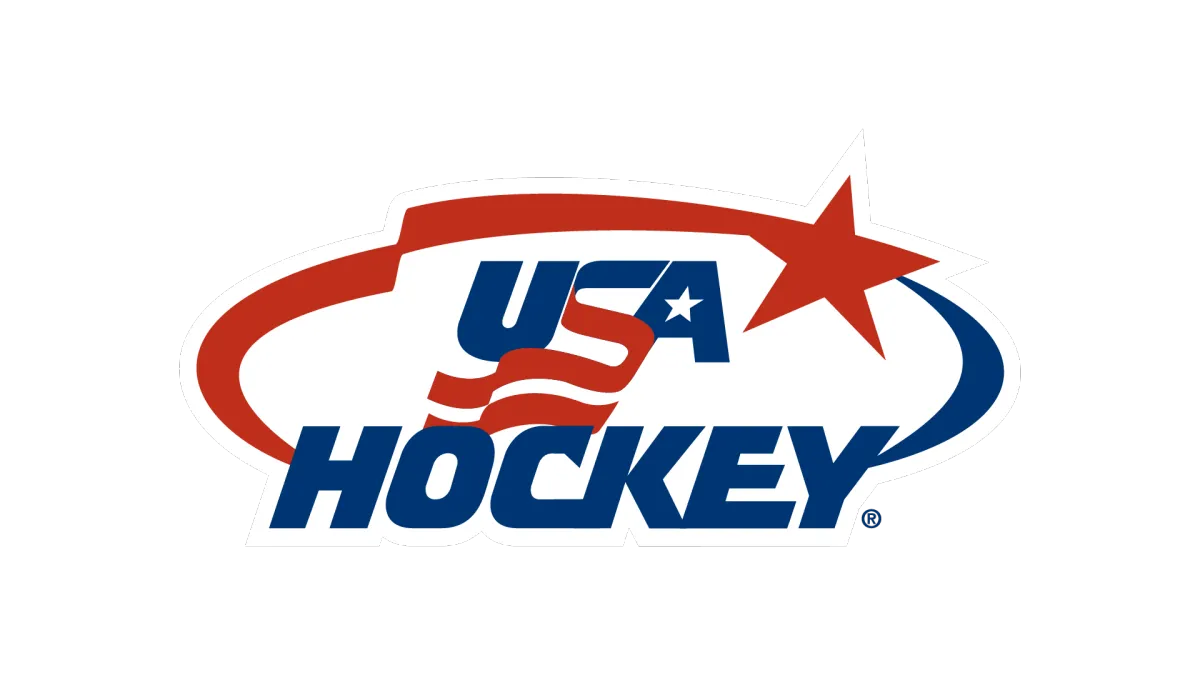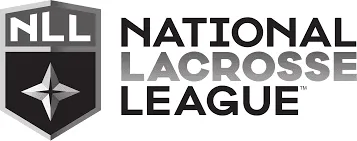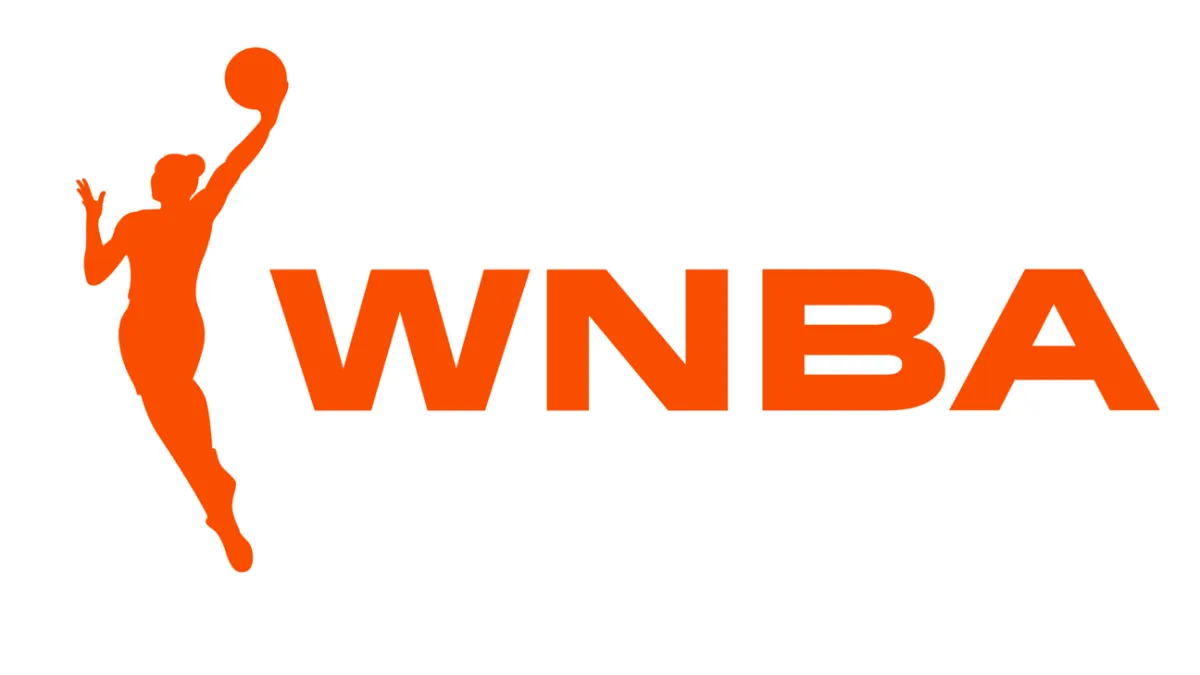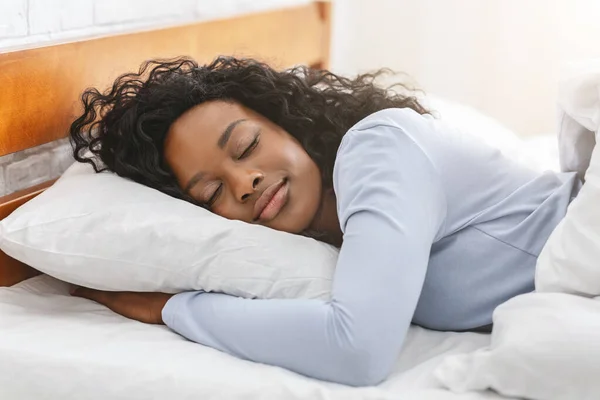Maximize Your Sleep
One of the Greatest Recovery Tools Available is Sleep
WE HAVE COACHED ATHLETES FROM THE FOLLOWING ORGANIZATIONS:












The Ultimate Recovery Tool:
How Sleep Fuels Health, Recovery, and Peak Performance

In the pursuit of excellence, athletes often focus on training and nutrition—but one of the most powerful performance enhancers is also the simplest: sleep. Quality sleep is the foundation of recovery, mental clarity, and athletic success. Let’s explore how sleep impacts health, exercise recovery, and sports performance.
Why Sleep Matters for Athletes and Active Individuals
Sleep is when the body repairs itself, the brain processes information, and energy is restored. For athletes, sleep is essential for:
Muscle Recovery: Repairing microtears caused by exercise.
Energy Restoration: Replenishing glycogen stores for optimal performance.
Mental Focus: Enhancing reaction times, decision-making, and concentration.
Injury Prevention: Reducing fatigue that can lead to errors or accidents.
The Benefits of Sleep for Health, Recovery, and Performance
1. Muscle Repair and Growth
During deep sleep, the body releases human growth hormone (HGH), which is critical for muscle repair and growth. Sleep also promotes protein synthesis, helping muscles rebuild stronger after workouts.
Key for Young Athletes: Growing bodies need adequate sleep for healthy development and peak performance.
For Adults: Sleep enhances muscle tone and recovery, helping maintain strength and mobility.
2. Faster Recovery from Exercise
Sleep reduces inflammation, flushes out waste products, and allows muscles to heal. Without enough rest, recovery slows, leading to prolonged soreness and fatigue.
Post-Workout Recovery: Sleep helps clear lactic acid and repair muscle fibers.
3. Boosted Immune Function
Consistent, high-quality sleep strengthens the immune system, reducing the risk of illness and injury. For athletes in high-stress environments, this is a critical factor in maintaining performance.
4. Enhanced Mental Performance
Sleep sharpens focus, reaction time, and decision-making—skills essential for success in sports.
Game-Time Advantage: Well-rested athletes react faster and make better decisions under pressure.
Learning and Retention: Sleep consolidates skills learned during training, helping athletes master techniques faster.
5. Improved Athletic Performance
Studies show that athletes who prioritize sleep experience:
Increased speed and endurance.
Improved accuracy in skill-based sports.
Higher levels of energy and motivation.
6. Stress Reduction and Mental Health
Sleep balances hormones like cortisol (stress) and serotonin (mood), reducing anxiety and promoting emotional resilience.
For Youth Athletes: Adequate sleep improves emotional regulation during competitive seasons.
For Adults: Better sleep means less stress and improved overall well-being.
7. Reduced Risk of Injuries
Fatigue from poor sleep can impair coordination, reaction time, and focus, increasing the likelihood of injuries. Rested athletes are sharper, safer, and more consistent.
How Much Sleep Do Athletes Need?
Middle and High School Athletes: 8–10 hours per night to support growth and recovery.
College and Adult Athletes: 7–9 hours per night, with naps as needed during heavy training.
Sleep Optimization for Peak Recovery and Performance
1. Stick to a Consistent Schedule
Go to bed and wake up at the same time daily to regulate your body’s internal clock.
2. Create a Sleep-Friendly Environment
Dark and Cool Room: Use blackout curtains and keep the room between 60–67°F.
Minimize Noise: Use earplugs or white noise to block distractions.
Comfortable Bedding: Invest in a supportive mattress and pillows.
3. Establish a Pre-Sleep Routine
Wind down with relaxing activities like reading, stretching, or meditation. Avoid screens for at least an hour before bed to minimize blue light exposure, which disrupts melatonin production.
4. Fuel Your Sleep with Nutrition
Avoid heavy meals, caffeine, and alcohol close to bedtime. Opt for a light snack rich in tryptophan (e.g., bananas, turkey) if needed.
5. Use Naps Wisely
Short naps (20–30 minutes) can boost alertness and recovery during the day without interfering with nighttime sleep.
Common Sleep Challenges and How to Overcome Them
Difficulty Falling Asleep:
-Use relaxation techniques like deep breathing or progressive muscle relaxation.
-Limit screen time before bed.
Interrupted Sleep:
-Address environmental factors like noise or temperature.
-Manage stress through mindfulness or journaling.
Poor Sleep Quality:
-Incorporate exercise into your daily routine, but avoid intense workouts too close to bedtime.
-Monitor sleep with wearables like WHOOP or Oura Ring to identify areas for improvement.
The Competitive Edge of Better Sleep
For Young Athletes: Better sleep leads to better grades, mood stability, and athletic success.
For College Athletes: Consistent sleep improves recovery during rigorous training schedules.
For Adults: Sleep supports sustained energy, improved focus, and long-term health.
Final Thoughts
Sleep is the ultimate recovery tool, offering unmatched benefits for health, wellness, and athletic performance. Whether you’re competing on the field, training in the gym, or staying active to feel your best, prioritizing sleep is the smartest move you can make.
ABOUT
ADDITIONAL INFO

Copyright Finish First Sports Performance, Inc. 2025.
All Rights Reserved





